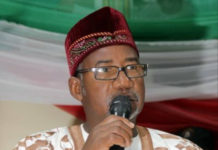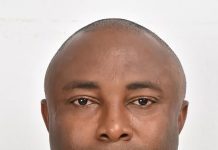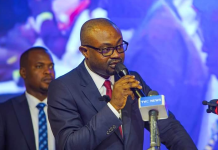Nasir El-rufai, governor of Kaduna State yesterday backtracked from his earlier support for rotational presidency.
With the completion of his second tenure in 2023, President Muhammadu Buhari, is expected to hand over power to his successor who is anticipated will come from the southern part of the nation.
Some individuals in the Northern region who consider themselves influential are against the arrangement that has been in practice since the return to democratic rule in 1999, although this was while the Peoples Democratic Party (PDP) held sway.
Unlike in the opposition party, the All Progressive Congress (APC) does not have such arrangement in its constitution but heightened demands for it to zone the position to the South have been on for sometime now.
At the Nigerian Economic Summit on Wednesday, Mr El-rufai, who in August backed the return of power to the South, said the zoning preference should be discarded because it has kept the country in a stagnant position.
The Kaduna helmsman called for the contest to be thrown open with the best candidate emerging, a position which may reinforce the belief that the Northern power blocs may be unprepared to relinquish power when Buhari’s tenure winds down in 2023.
“There is no country in the world that has made progress in the last 50 years that rotates its leaders,” he said at the summit held in Abuja yesterday. “I do not believe that we should be driven in our politics and economics by distribution whether or not there is a logic behind it.”
“I think we should move away from this fixation about distribution to selecting or picking the best person to get the job done.”
“Right now, we are distributing this and we are not making any progress,” he said.







